Marjorie and Arnold Ziff Community Centre
Yesterday, we were fortunate to be invited to the Marjorie and Arnold Ziff Community Centre.
We had a great afternoon! When we arrived, we split into two groups. One group went to the kitchens to have a go at baking some traditional Jewish bread: challah. The other group completed a short dementia awareness course. We learnt about the brain and its many vital functions before discussing the impact that having dementia has on day-to-day life. We also focussed on how we can ensure that people suffering from dementia (and other mental illnesses) can be included within our communities. Then, we swapped to make sure everyone had a go at both activities.
After this, we joined up in the hall to sing and dance with some of the day visitors. We had a lovely time meeting some of the older members of our community and it was great to see that our visit (and considerable energy!) put a smile on everyone’s face!
Here’s a few images from the afternoon…
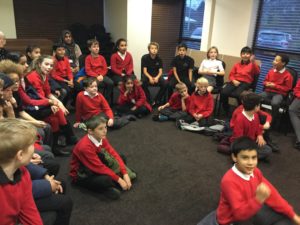
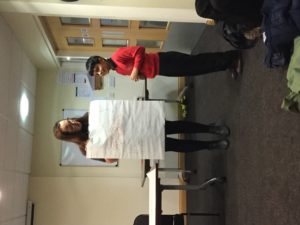


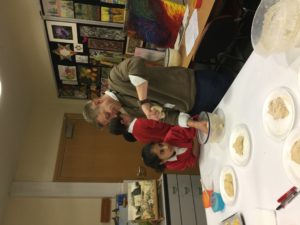





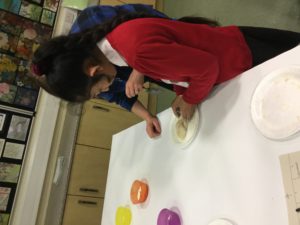

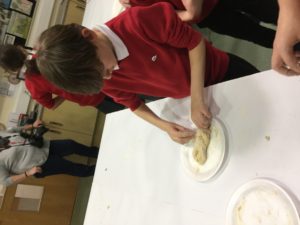

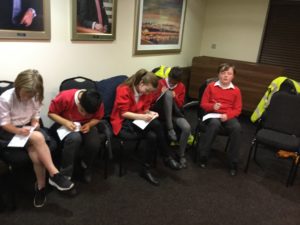
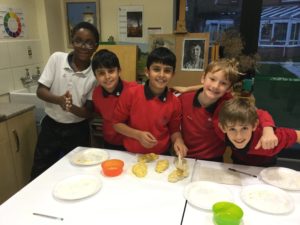






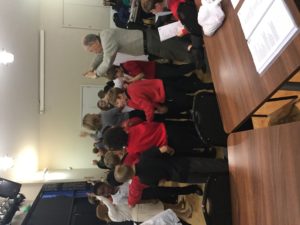


Who do you think you are?
Our themed week is in full swing with many highlights so far.
- Mindfulness workshops for Year 1, 2, 3 and Reception.
- Dove self esteem sessions for Year 5 and 6 (Visitor feedback – ‘We really enjoyed running the sessions and the classes we had were great and very engaged!’)
- Visits from RNIB, BID sensory services and the Leeds deaf and hearing impairment team for all classes
- West Yorkshire Police Hate Crime session for Year 5 and 6
- Some Year 5 and 6 children attended the Moor Allerton Elderly Care ‘Old & New Games’ afternoon (Visitor feedback – ‘They were brilliant and a pleasure to have.’)
- Whole school assembly about charities by Val from the Salvation Army charity shop in Meanwood
- Year 4 visit to St Gemma’s Hospice
- Year 5 visit to Marjorie and Arnold Ziff centre
- Year 2 visit to Donisthorpe Hall
Thank you to parents who have attended our mindfulness workshop on Monday and our community coffee morning and wake up shake up today.
There is still more to come.
- PCSO visit to talk about community safety, road safety and monitor speed outside school in 20mph zone for Reception, Year 1 and 3
- Mindfulness workshops for Year 3, 4 and 5
- Learn languages in our community for Year 3 and 4
- Two more chances to walk, bike or scoot to school (Road Safety Week) to be in with a chance to win prizes on Friday
- New school charity will be chosen
- Have a go at the Who do you think we are? competition
Take a look at the class news pages to find out more about your child’s learning this themed week.
West Yorkshire Police in Year 5
Yesterday, we were joined by two police officers. Don’t panic – it was a planned visit! They came in to help us understand ‘Hate Crime‘.
The workshop started by us being split into two groups. One group was treated very differently to the other. They were given Ribena instead of water, given more praise, given Cool Class Tokens, allowed more time to speak and were spoken to in a nicer tone. The point of this was to illustrate how, sometimes, people within our community are treated differently (often, less well). The group that were ‘victimised’ became angry, upset and began to feel a sense of injustice. After we’d talked about how this could be reflected in society, we learnt about what a hate crime is and what we can do if we witness one happening.
The workshop was very informative and certainly though-provoking. We’re really lucky in our school that diversity is celebrated – let’s keep it this way!
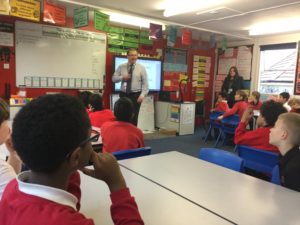
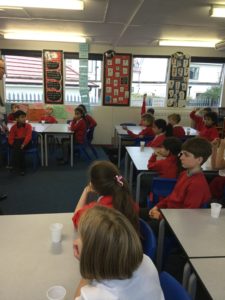
Sensory Needs in Leeds
As part of our themed week (Who Do You Think You Are?), we’ve been thinking about identity, diversity and community. To help us understand different people in our community, we were joined by two people who work closely with deaf people in Leeds. (Incidentally, Leeds has a high number of people who suffer from hearing disorders compared with other parts of the country.)
They taught us about why some people are deaf and helped us to understand the impact this can have on their lives. Perhaps the most fun part of the workshop was when we were taught some sign language. We learnt how to say the alphabet, how to ask someone their name, how to say ‘My name is_____’, how to ask how someone is and how to say ‘3,2,1 stop!’.
Ask your child if they can remember how to say their own name – they could even teach you how to say yours!
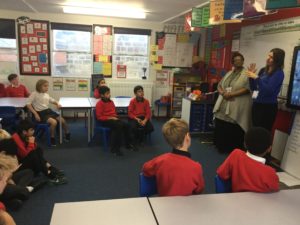
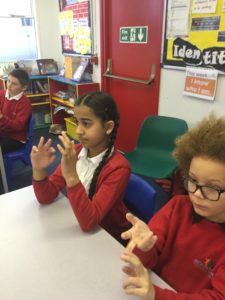
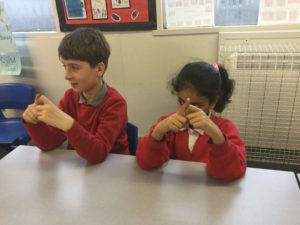
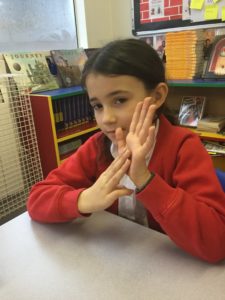
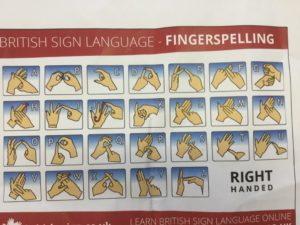
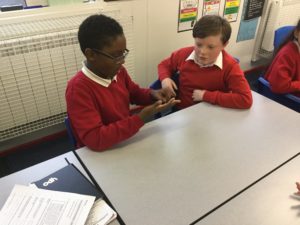
Dove Self-esteem Workshop
On Monday, we were joined by some people from the Dove Skincare Company. They came in to talk to us about self-esteem.
We started by watching this video. It highlighted to us that what we see in the media is often unrealistic, over-edited and an inaccurate representation of everyday life.
In groups, we discussed how this video made us feel: ‘upset’, ‘let-down’ and ‘disappointed’ were just a few common responses. We concluded that beauty is not what you see on the outside but what makes us who were are on the inside. At the end of the session, we made a pledge to ourselves to stay self-confident over the coming years.
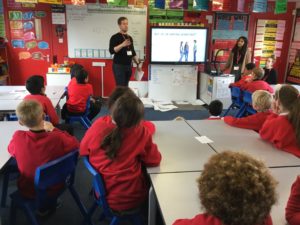
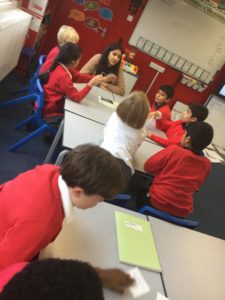
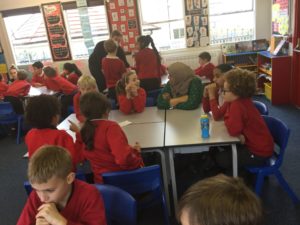
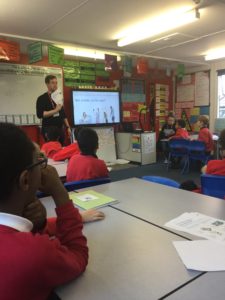
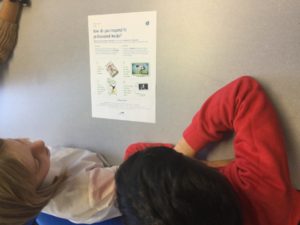
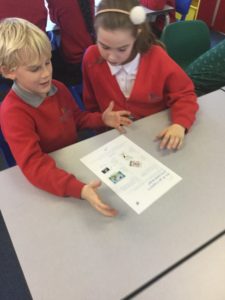
Takeover Day Madness!
On Friday, the teachers weren’t feeling too good so let the children take over for the day! In Year 5, Mr Catherall didn’t really do anything all day because each member of the class had a job to do. It was great fun to take over the classroom and everyone did a great job – there were plenty of laughs throughout the day, too!
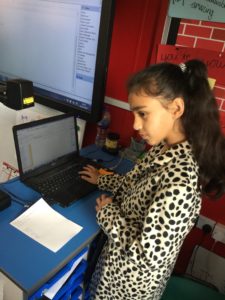
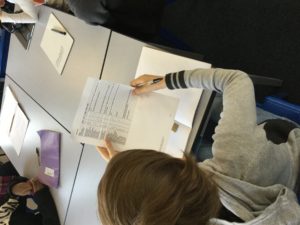
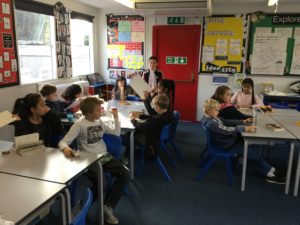
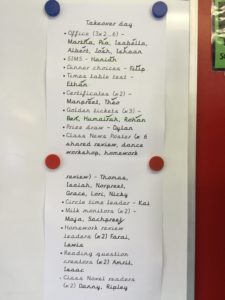
Anti-bullying drama!
Last week, in our living and learning session, we thought about Anti-bullying Week. We looked over our definition of bullying and discussed what we could do if we saw bullying happen. We then discussed the impact that being bullied could have on a person.
To conclude our learning, we acted out some short scenarios in groups. Each scenario showed an incident that could be deemed as bullying – we discussed each one as a class.





Anti-Bullying Dance Workshop
Written by Grace and Noorpreet…
The dance workshop, for anti-bullying week, was great fun because we got to dance to songs. Each song was written by an artist who experienced bullying when they were younger. Our song was by Little Mix (Salute), encouraging us to stand up for ourselves. Near the end of the day, we got to share all of our dances, as did the the rest of KS2, and showed it to the rest of the school.
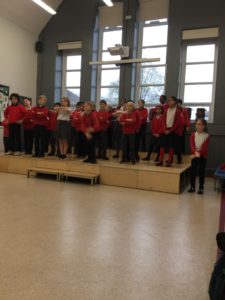
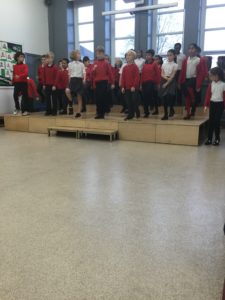
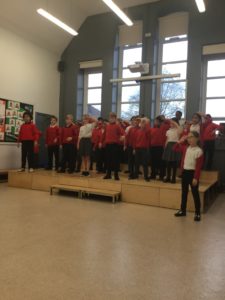
Homework Review
Written by Lori and Nicky…
First, we went looking around at each other’s homework, which was excellent of course. After that, we watched Danny’s presentation. Then, we threw the bean bag around to see which one people liked the most.
Here’s a few examples of our favourite responses:

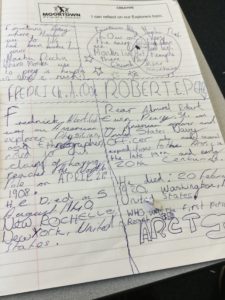
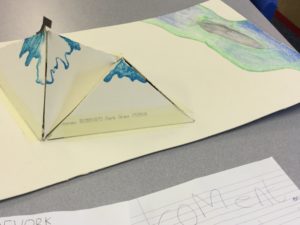
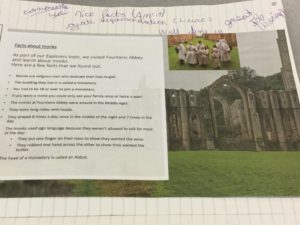
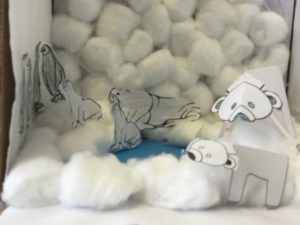
Mindfull or mindful?
Would you like to find out more about mindfulness and how it can be used to support your child at home?
As part of our whole school themed week next week, all children will be taking part in mindfulness workshops. There’ll also be a parent/carer session on Monday 20 November at 2:30-3:15pm.
Please contact the office if you would like to attend.
